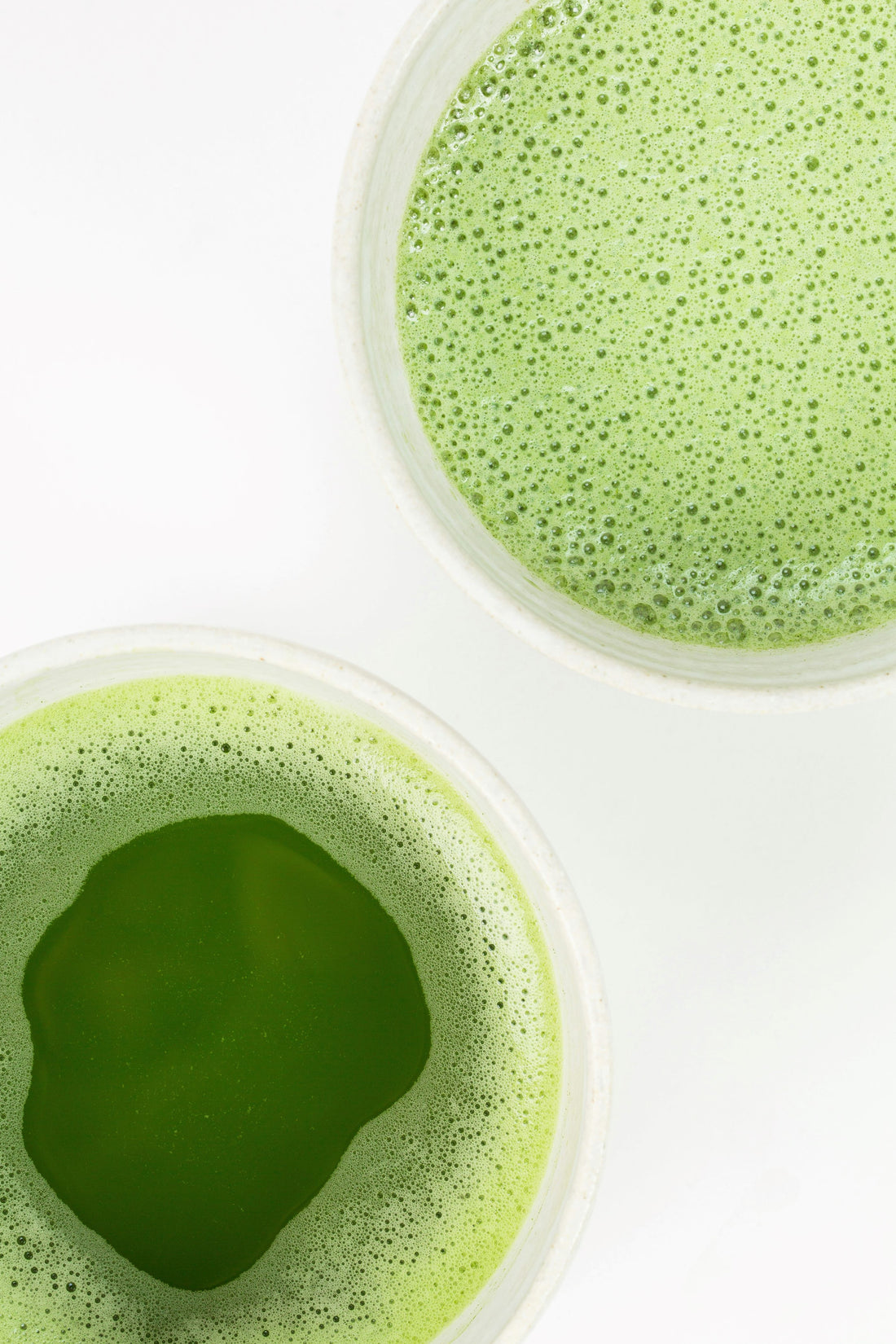It is common knowledge that water is essential for life, but it may not be the first thing you would associate with good functioning digestion and bowel movements. However, dehydration is often a reason for sluggish digestion and dry, hard, difficult to pass stools.
Fluids are extremely important for the good working of our digestive system, especially for the mucosal linings.
The cells along the whole digestive tract secrete a mucous, which is a gel like fluid made up of around 95% water. This mucous is food for our good bacteria that help support our digestive health and good bowel motility. It is also quite slippery which helps food move through our digestive system and stools to pass out easily through the bowels. So, you can see that if we don’t drink enough water we won’t make enough of this slippery mucous to create easy passage through our digestive system.
Another important mechanism for moving food and waste through our digestive system is peristalsis. This is where the muscles and walls of the digestive system flex pushing things along. Water is important for keeping the walls smooth and flexible, so when we are dehydrated they may contract slower and our bowels become slow and sluggish.
Finally it is important to understand that water is reclaimed in the large intestines. The amount sucked back into the body depends on the water levels within the body. If we are low on water the body tries to take back as much as possible. This can leave our stools dry, which makes them harder to pass.
It looks like an easy solution to support sluggish bowels would be to increase your fluid intake. However, not all fluids are equal in their hydration capacity.
Drinks like coffee and tea contain caffeine which works as a diuretic, which can lead to increased water being passed as urine. Water and non-caffeine containing herbal teas are ideal and the suggestion is around 8 glasses a day. Caffeine drinks are fine, just in moderation. Fruit and vegetables are also water containing and have the added advantage of containing fibre, so they help the digestive system in two ways.




